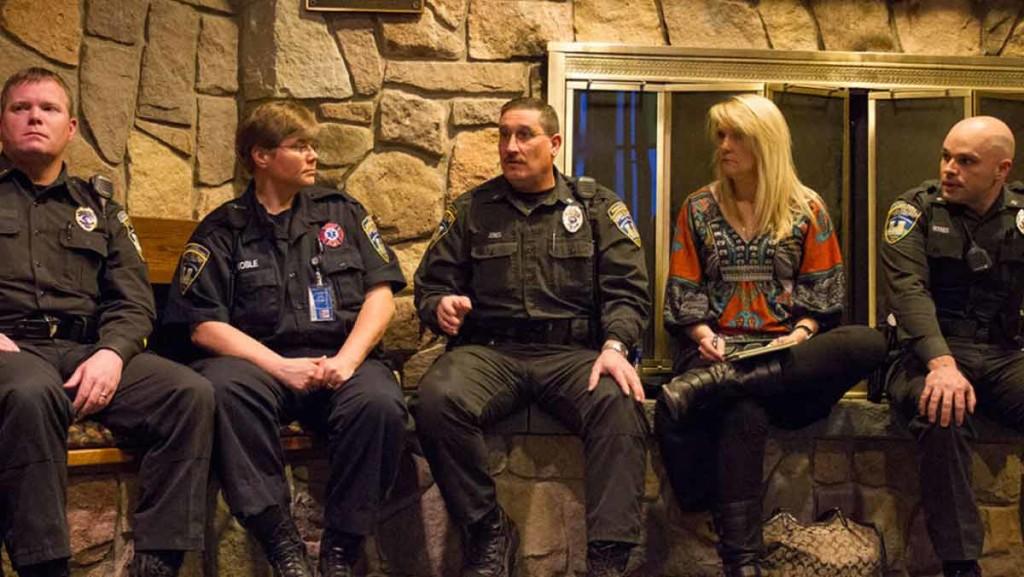Higher education holds a unique place in American society. This unique place engenders a singular kind of environment within our campuses. For better or worse, we are more deliberative and driven by consensus than is the corporate world. Managers steeped in for-profit corporatism are often both shocked at how long it takes an administration to make a decision and impressed with the degree of stakeholder and constituent review in the process.
It is for these reasons that institutions such as Ithaca College deliberate on body worn cameras for its campus law enforcement. The law is unclear, at best, about how to treat the implementation of these systems. Moreover, no exact rules protect the technical security or disclosure practices to the public. Individual privacy and evidentiary standards hang in the balance. In an environment where public policy issues around race, class, gender and justice have become explosive with body worn camera video as the flashpoint, it is essential that higher educational institutions take the lead in American society for establishing standards.
Body worn cameras on campus law enforcement must go through the same kind of deliberative process as would any other technology and policy that affects the campus broadly such as Acceptable Use or Surveillance. Representative bodies must be consulted, such as student government or employee assembly or faculty senate; constituents of higher education all have a role to play in asking questions about how the institution is going to use the technology, store the information securely, and under what circumstances it will be brought into account.
For example, if a student claims police harassment, how will the institution guarantee that the video will be produced without contamination to be used as evidence? At what point in a disciplinary hearing will video be made available to both parties in the dispute? Will the video be available to the community on a routine basis or only in particular circumstances under due process? How does the availability comport with federal privacy laws such as the Family Education Rights and Privacy Act, or FERPA, that protects education records?
While every institution must determine its internal rules in keeping with the law and according to its own culture and tradition, some objective standards should be observed in the process. The Criminal Justice Information Services, or CJIS, should be a foundational requirement for whatever vendor product a campus adopts. This standard ensures that the video has been securely transported and rests outside the reach of potential tampering. Inherently, it creates an appropriate chain of custody, that is the evidentiary standard required to authenticate the video in a disciplinary or legal proceeding as having been handled appropriately from the point of collection to production before a judge or deliberative body. This standard is already well-established in law enforcement and adopted by selected vendors. It should be the foundation for every campus law enforcement that adopts body worn cameras.
Technology is neither good nor bad, only thinking makes it so. Shakespeare may not have known about body worn cameras in use by campus law enforcement, but this paraphrase of his line in Hamlet applies to this issue today. Technology can protect law enforcement and campus constituents, or it can be used to take advantage of them. It can provide crucial evidence in claims of either criminal activity on the part of a defendant or inappropriate behavior or brutality on the part of police. The difference lies in what policy and processes define it as well as the objective standards deployed to capture, transmit, store and produce the video content. Thus in bringing such policy and standards to bear on this technology, higher education not only demonstrates its uniqueness but also its outreach. Ithaca College can be a leader to help American society address the technological underpinnings in the name of justice.
Tracy Mitrano is the academic dean of University of Massachusetts Trust Assurance and Cybersecurity Programs and a former Ithaca College assistant professor. Email her at [email protected].














